
 It is just as important to have a Liquefied Petroleum Gas (LPG) connection as it is to have an electricity connection, as they are both necessities that people cannot survive without. Natural gas extraction and crude oil refining produce LPG as a by-product. LPG is a combination of hydrocarbon gases, with butane and propane being the most common. LPG is a colourless, odourless, non-toxic gas at room temperature. It changes into a liquid state at low pressure or at colder temperatures. This technique reduces the volume of the gaseous aggregate state to 1/250 of its original size, making it easier to store and transport LPG in cylinders. For safety reasons, a LPG cylinder is only filled with 80% liquid while the remaining 20% contains gaseous LPG.
It is just as important to have a Liquefied Petroleum Gas (LPG) connection as it is to have an electricity connection, as they are both necessities that people cannot survive without. Natural gas extraction and crude oil refining produce LPG as a by-product. LPG is a combination of hydrocarbon gases, with butane and propane being the most common. LPG is a colourless, odourless, non-toxic gas at room temperature. It changes into a liquid state at low pressure or at colder temperatures. This technique reduces the volume of the gaseous aggregate state to 1/250 of its original size, making it easier to store and transport LPG in cylinders. For safety reasons, a LPG cylinder is only filled with 80% liquid while the remaining 20% contains gaseous LPG.
A typical LPG cooking system consists of an LPG-filled steel cylinder, a pressure controller, a tube connecting the cylinder to the pressure controller and the burner, and the burner itself. You could be willing to go days without a phone or internet connection. Mobile phones and internet cafés more than compensate, but not being able to prepare a meal for yourself (and your family) feels like a major financial drain, not to mention unhealthy. LPG is preferred by Africans because it is clean, simple to use, rapid, and cost-effective. Individuals can get LPG at subsidised prices from the government. LPG is simple to use, with on/off activation as soon as you rotate the knob. Cooking with fake LPG equipment may irritate you. What's more!! Untimely gas equipment replacement can be inconvenient and even turn you off to the gas equipment. This is true if you have not yet had the opportunity to purchase gas LPG equipment from Kiakiagas, an LPG and gas equipment firm linked with international gas equipment manufacturers. Casper is one of the linked American companies.
Kiakiagas also offers better advice on how to control your gas equipment when you cook as you can regulate the flames as per requirements. With Kiakiagas, yes, the intensity of flame is totally in your hands and it is noticeable in the form of cerulean flames. Kiakiagas LPG equipment can cook quicker than any other available alternatives as it has huge calorific value.
Cooking with LPG is not a hot and humid experience, as stoves produce far less heat than other cooking gases; as a result, we recommend not overheating your kitchen. LPG emits the least amount of greenhouse gases of any existing fossil fuel. It has significantly less nitrogen, sulphur, and other particle chemicals that are harmful to the environment. Because an LPG cylinder doesn't take up much space in the kitchen, it's easy to keep one on hand. It's not like traditional cooking techniques such as wood, charcoal, or kerosene oil, which produce dense puffs of smoke, soot, and residue.
The usable energy value of one kilogramme of LPG is 20.7 MJ/kg. Air-dried firewood has an energy level of roughly 16 MJ/kg, while charcoal has a content of 27 - 33 MJ/kg. To supply the same amount of useable cooking energy as 1 kg of LPG, between 7.3 and 29.7kg of woodfuel would be required, depending on the type of woodfuel, charcoal generation, and cook stove. Because LPG is heavier than air (for example, propane is 1.5 times heavier than air), it can accumulate above ground. This could result in LPG 'lakes,' which could produce explosions. To aid detect leaks and so limit the risk of explosion, a foul-smelling odorant is added.
LPG for Cooking
LPG is an extremely effective cooking fuel. It is cost-effective, and its high heating capacity allows you to prepare your meals in less time, saving you money on fuel. It burns completely and produces no residue or particle matter, resulting in lower maintenance costs and a smaller carbon footprint. In most nations, LPG is only available in metropolitan areas, and LPG supply problems are common in rural areas. Furthermore, most rural regions in underdeveloped nations cannot afford to utilise LPG because of the low cost of fuelwood and a lack of information. Kiakiagas has endeavor to reach the rural areas and orientate them on the benefit of LPG to their health. We also reached out to rural residents to give information about how LPG is a more cost-effective, faster, and environmentally friendly cooking method than previous methods. We persuaded them that LPG may provide significant biomass resource alleviation in areas where biomass is scarce. LPG provides numerous advantages that can provide users with a life-changing experience. It's healthy for you, your kitchen, and the environment. Working with LPG can be made even more useful if you pay attention. This is why our public relations team encourages people to cook with LPG at home.

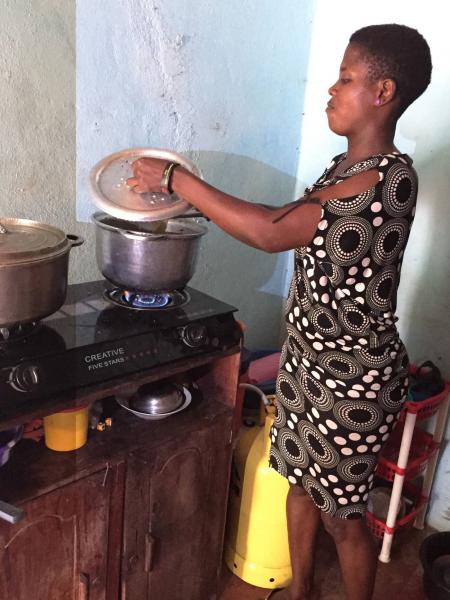
One of the key reasons for the increased use of LPG around the world is its convenience. LPG warms swiftly and efficiently, outperforming even the most advanced biomass stoves. LPG burners can also be adjusted more precisely to meet the needs of the user, saving time in the kitchen when cooking and cleaning. LPG may also be transported, stored, and used in almost any location.
LPG as Autogas
LPG is a widely used engine fuel. The annual usage of so-called autogas is estimated to be around 1.7 million tonnes, with an upward trend. On Polish highways, about 3 million cars with bifuel engines, predominantly spark ignition engines, are driven. The development of this type of fuel is accompanied by a large logistical infrastructure. LPG's unique advantages as an alternative engine fuel have been well recognised. In order to realise the potential prospects that come with using LPG as autogas, a viable feasibility study is required. In order to establish the project's chances of success, a feasibility study considers all of the project's relevant components, including economic, technical, legal, and scheduling difficulties. The feasibility study examines the viability of a potential business project, i.e., (a) is the project worth the investment; or (b) is the project impracticable because it will not create profits or will require too many resources that may be used elsewhere in the organisation.
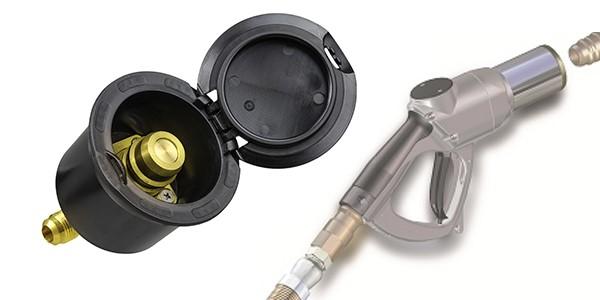
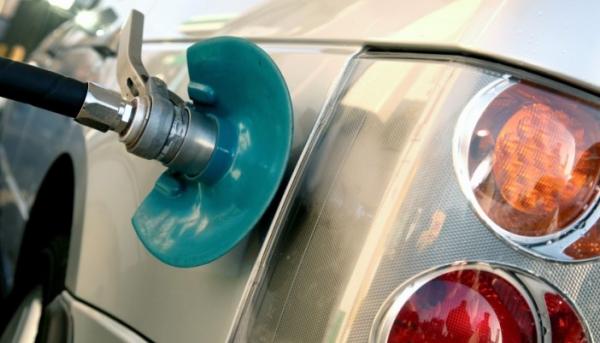
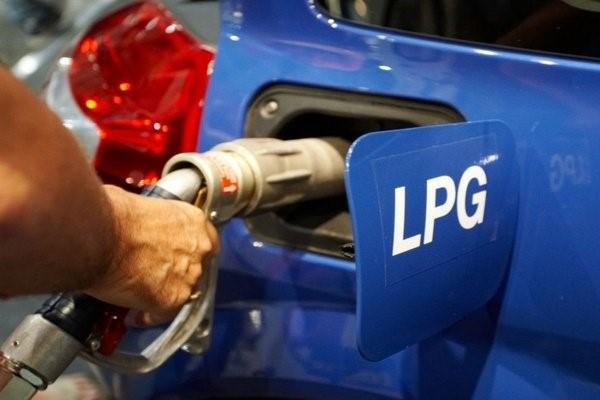
Hiring an expert does not negate your responsibility for ensuring that the feasibility study is conducted properly. This has given us more reasons at Kiakiagas Nigeria Limited to engage you in the project and the evaluation process, understand the issues involved, question the basic assumptions used in the study, and challenge the conclusions of the study.
If you're too busy to represent yourself, a team from your company can. Your representatives act as a conduit between the Kiakiagas and your organisation, ensuring that the study follows the project's objectives. They will be completely accompanied throughout the project to ensure that they have a thorough understanding of the project in order to complete these tasks efficiently, and Kiakiagas will submit a draught of the final report.
Industrial Uses of LPG
Apart from being used as a residential fuel for heating and cooking, LPG has a variety of industrial and commercial applications. LPG gas is used in most industries since it is clean, safe, and efficient. It contains more energy than the majority of other fuels. Galvanizing, metal melting, heat treatment, and steam generation are some of the industrial applications of LPG.
Galvanization is the process of coating iron or steel with a zinc layer to keep it from rusting. A hot zinc bath is used in the hot-dip galvanising process, and metals are dipped in it. Because the pre-heating time for the process is small, LPG plays a big role in this section, reducing the galvanization time.

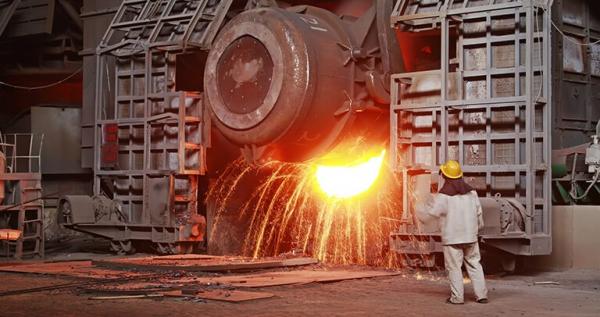
A higher-temperature fuel, such as LPG, is required to melt a metal like aluminium. This gas can help you save 10% to 25% on your electricity bill. Furthermore, because it is a clean-burning fuel, it produces less pollution. LPG is also good for metal melting since it creates homogeneous heat, which extends the life of the metal.
The process of heating and cooling a material to get the required qualities is known as heat treatment. Fortunately, because of its high calorific value and precise temperature control, LPG is one of the best fuels for heat treatment. As a result, it's simple to process more batches in less time while maintaining higher quality output.
Boilers are used to heat water in order to generate steam for uses such as drying crops and commodities. While most people use wood, the fuel is inefficient and can pollute the environment. LPG, on the other hand, increases production due to its efficient heat transfer.
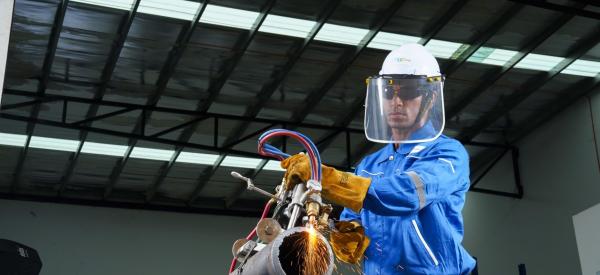
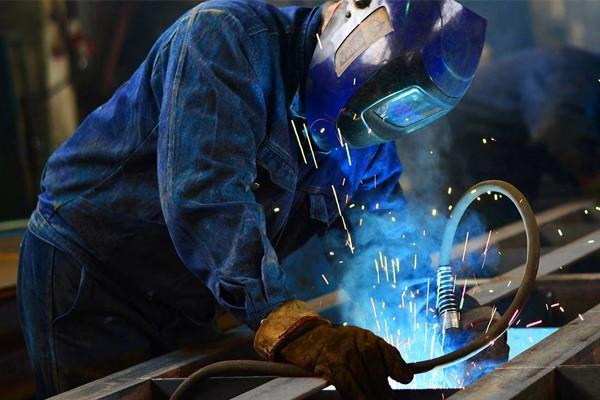
Now that you've learned how to use LPG in everyday life, consider making it your primary cooking fuel, as well as a vehicle and industrial fuel. In advanced countries, it is the most cost-effective heating alternative. You should purchase your LPG from a reputable supplier like Kiakiagas Nigeria Limited to receive the most cost savings.
KiakiaGas Limited is a leading Gas business in Lagos, Nigeria with expertise in carrying out feasibility study/Business plan on all forms of gas, including oxygen and other non-natural gas and LPG retailing, New Gas Market development, Building of Gas Plants and Gas strategy advisory. Supply by KiakiaGas provides LPG and Non LPG Gasses products and equipment for corporate and institutional clients for the project and operational needs. If you need a partner with hands-on local expertise in the Nigerian Gas space or any of our bespoke solutions/services, kindly mail hello@kiakiagas.com





 It is just as important to have a Liquefied Petroleum Gas (LPG) connection as it is to have an electricity connection, as they are both necessities that people cannot survive without. Natural gas extraction and crude oil refining produce LPG as a by-product. LPG is a combination of hydrocarbon gases, with butane and propane being the most common. LPG is a colourless, odourless, non-toxic gas at room temperature. It changes into a liquid state at low pressure or at colder temperatures. This technique reduces the volume of the gaseous aggregate state to 1/250 of its original size, making it easier to store and transport LPG in cylinders. For safety reasons, a LPG cylinder is only filled with 80% liquid while the remaining 20% contains gaseous LPG.
It is just as important to have a Liquefied Petroleum Gas (LPG) connection as it is to have an electricity connection, as they are both necessities that people cannot survive without. Natural gas extraction and crude oil refining produce LPG as a by-product. LPG is a combination of hydrocarbon gases, with butane and propane being the most common. LPG is a colourless, odourless, non-toxic gas at room temperature. It changes into a liquid state at low pressure or at colder temperatures. This technique reduces the volume of the gaseous aggregate state to 1/250 of its original size, making it easier to store and transport LPG in cylinders. For safety reasons, a LPG cylinder is only filled with 80% liquid while the remaining 20% contains gaseous LPG.







